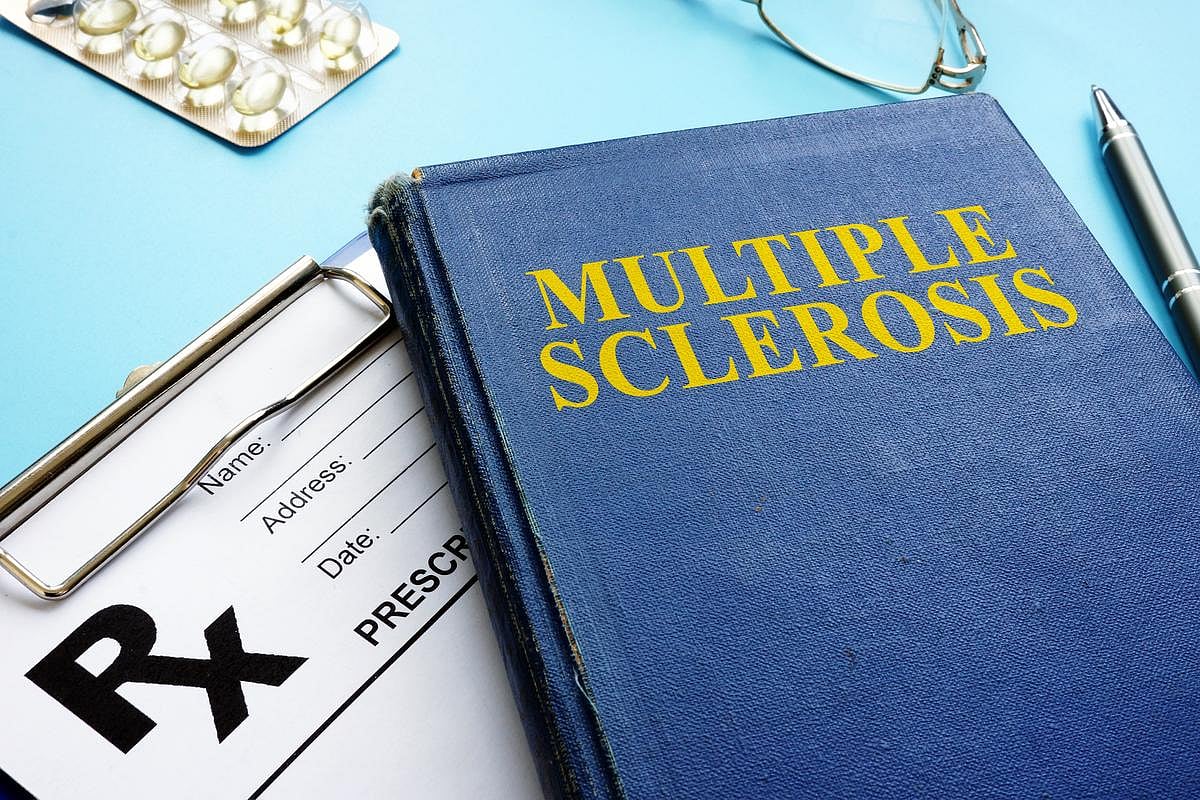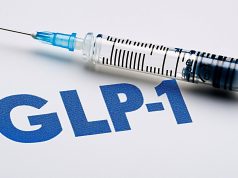Control of relapses improved compared with fingolimod, natalizumab, and alemtuzumab
By Elana Gotkine HealthDay Reporter
THURSDAY, Oct. 2, 2025 (HealthDay News) — For patients with relapse-onset multiple sclerosis (MS), ocrelizumab provides superior control of relapse compared with fingolimod, natalizumab, and alemtuzumab, according to a study presented at the 41st Congress of the European Committee for Treatment and Research in Multiple Sclerosis, held Sept. 24 to 26 in Barcelona, Spain.
Izanne Roos, Ph.D., from the University of Melbourne in Australia, and colleagues compared the real-world effectiveness of ocrelizumab to that of fingolimod, natalizumab, and alemtuzumab in patients with relapse-onset MS identified from three large MS registries. The analyses included 2,600 ocrelizumab-treated patients matched with 4,103 fingolimod-treated patients; 3,197 ocrelizumab-treated patients matched with 2,437 natalizumab-treated patients; and 2,960 ocrelizumab-treated patients matched with 644 alemtuzumab-treated patients.
The researchers found that fingolimod was associated with higher relapse rates compared with ocrelizumab (0.14 versus 0.06), higher risks for relapse and relapse-associated worsening (RAW; hazard ratio [HR], 2.26 and 1.62, respectively), and a 22 percent lower risk for disability improvement. In all subgroups, superiority of ocrelizumab over fingolimod was maintained on relapses. Natalizumab was associated with higher relapse rates compared with ocrelizumab (0.10 versus 0.07) and with a higher risk for relapse and RAW (HR, 1.35 and 1.77, respectively); no evidence was seen for a difference in risk for progression independent of relapse activity (PIRA) or disability improvement. Alemtuzumab was associated with higher relapse rates (0.18 versus 0.12) and with a higher risk for relapse (HR, 1.48) when compared with ocrelizumab; no evidence was seen for a difference in the risk for RAW, PIRA, or disability improvement.
“These findings suggest we may have reached the ceiling of disability benefit achievable via relapse suppression alone, highlighting the urgent need for treatments that target relapse-independent progression,” Roos said in a statement.
Several authors disclosed ties to the pharmaceutical industry.
Copyright © 2025 HealthDay. All rights reserved.








